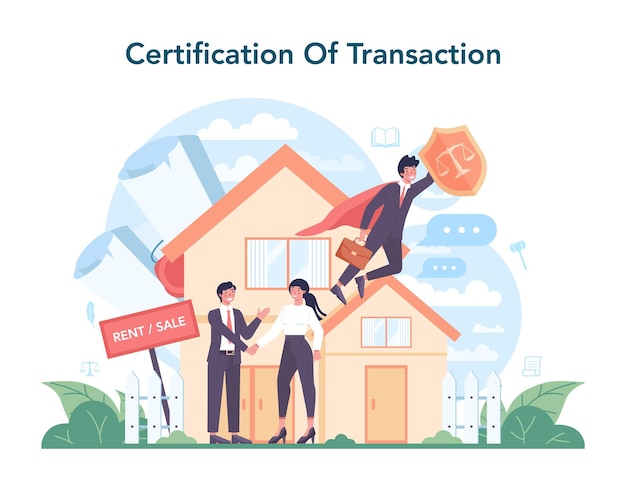In the world of real estate, getting preapproved for a mortgage is a must before you make an offer. This is especially true in a hot market where bidding wars are the norm. Sellers don’t want to waste time on buyers who aren’t preapproved. Even in a softer market, having that preapproval sets you apart from the competition, showing sellers you’re serious and financially ready.
Let’s break down the process of getting preapproved, the documents you’ll need, and why it’s so crucial. But first, let’s clear up a common confusion: prequalification is not the same as preapproval.
Prequalification vs. Preapproval
Think of prequalification as the dating phase. You’re still getting to know the bank, and neither of you is fully committed yet. The bank gives you an estimate of what you might be able to borrow based on your financial information and a credit check. This is a good time to decide whether you want an adjustable or fixed-rate mortgage.
Preapproval, on the other hand, is like getting engaged. You’re almost fully committed. You complete a mortgage application, and the lender verifies your information and performs a credit check. If you’re preapproved, you’ll receive a letter offering to lend you a specific amount, usually valid for 90 days. If you haven’t found a home within that time, you’ll need to go through the preapproval process again. And the best part? Both prequalification and preapproval are usually free.
Getting Preapproved for a Mortgage
Start by finding a reputable lender. You can do this online or through an existing banking relationship. The lender will want to know when you plan to buy, the price range of the property, and some details about your finances. They’ll also want to know what you plan to do with your current residence and how long you’ve lived there.
To get preapproved, you’ll need to provide a lot of financial documentation, including recent paystubs, W2s, tax returns, investment statements, and bank account statements. You may also need to explain any large banking transfers or deposits in the last two months.
Why Preapproval is Critical
Getting preapproved is crucial because it puts you in a strong position when making an offer. Sellers prefer buyers who are preapproved because it reduces the risk of the deal falling through. If you can’t pay all cash for a home, the next best thing is to get preapproved before submitting an offer. This allows you to submit a no-financing contingency offer, which sellers love.
One Timing Caveat
Ideally, you’ll be fully preapproved before making an offer. But if you find a property you love during the preapproval process, you may have to make an offer with a financing contingency. If you’re confident your lender will come through, you could still make a no-financing contingency offer, but be aware that backing out due to financial reasons could mean losing your earnest money.
In conclusion, financial preparation is key when buying real estate. Get preapproved for a mortgage to better compete. And remember, a great offer is nice, but without preapproved financing, it’s much harder for a seller to take a risk and accept your offer.
Investing in Real Estate
Real estate is a great way to achieve financial freedom. It’s a tangible asset that’s less volatile than stocks, provides utility, and generates income. Rising rents and real estate prices can build significant wealth over the long term. Consider real estate crowdfunding platforms like Fundrise and CrowdStreet to diversify into real estate and take advantage of lower valuations and higher yields in certain regions.
